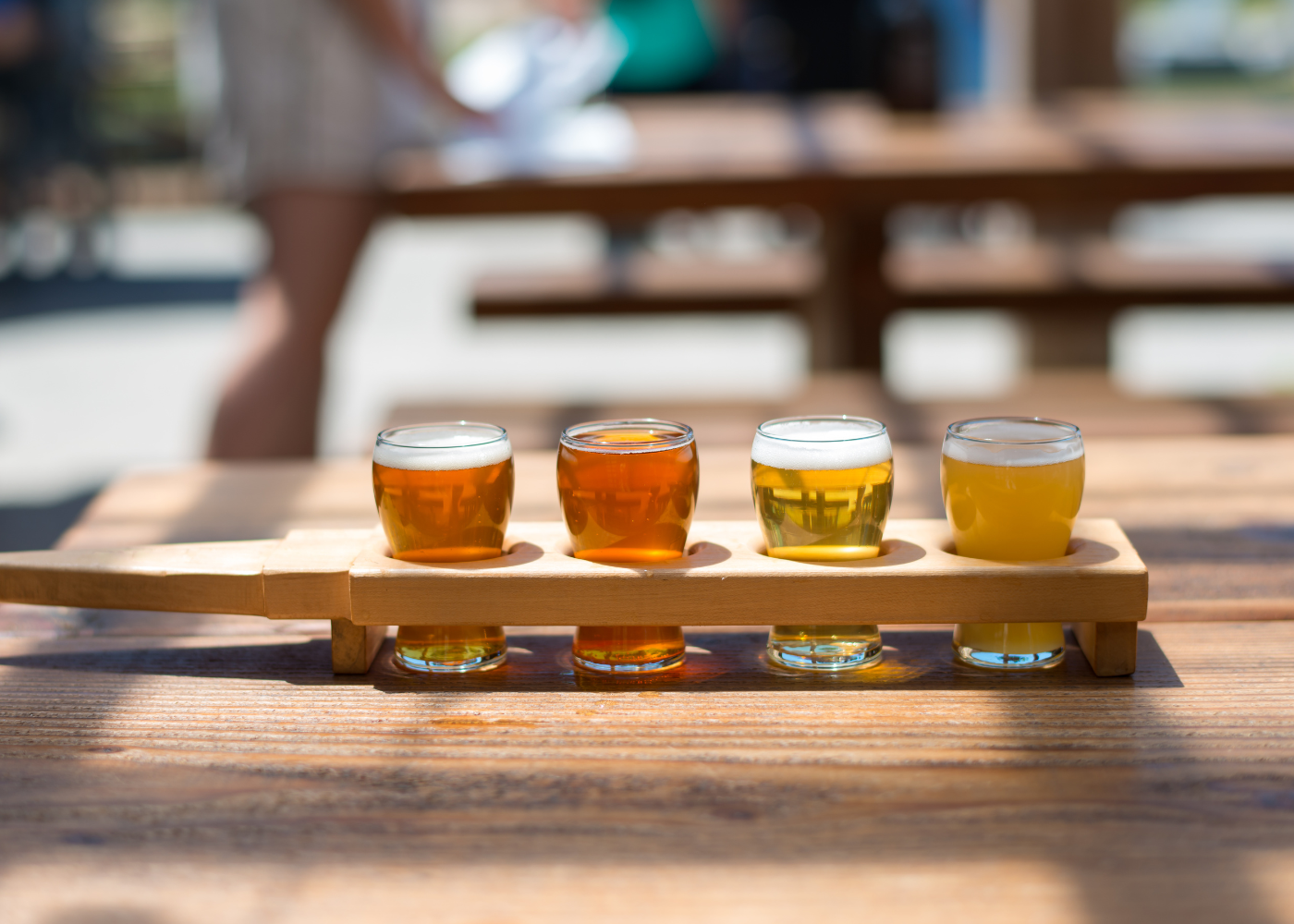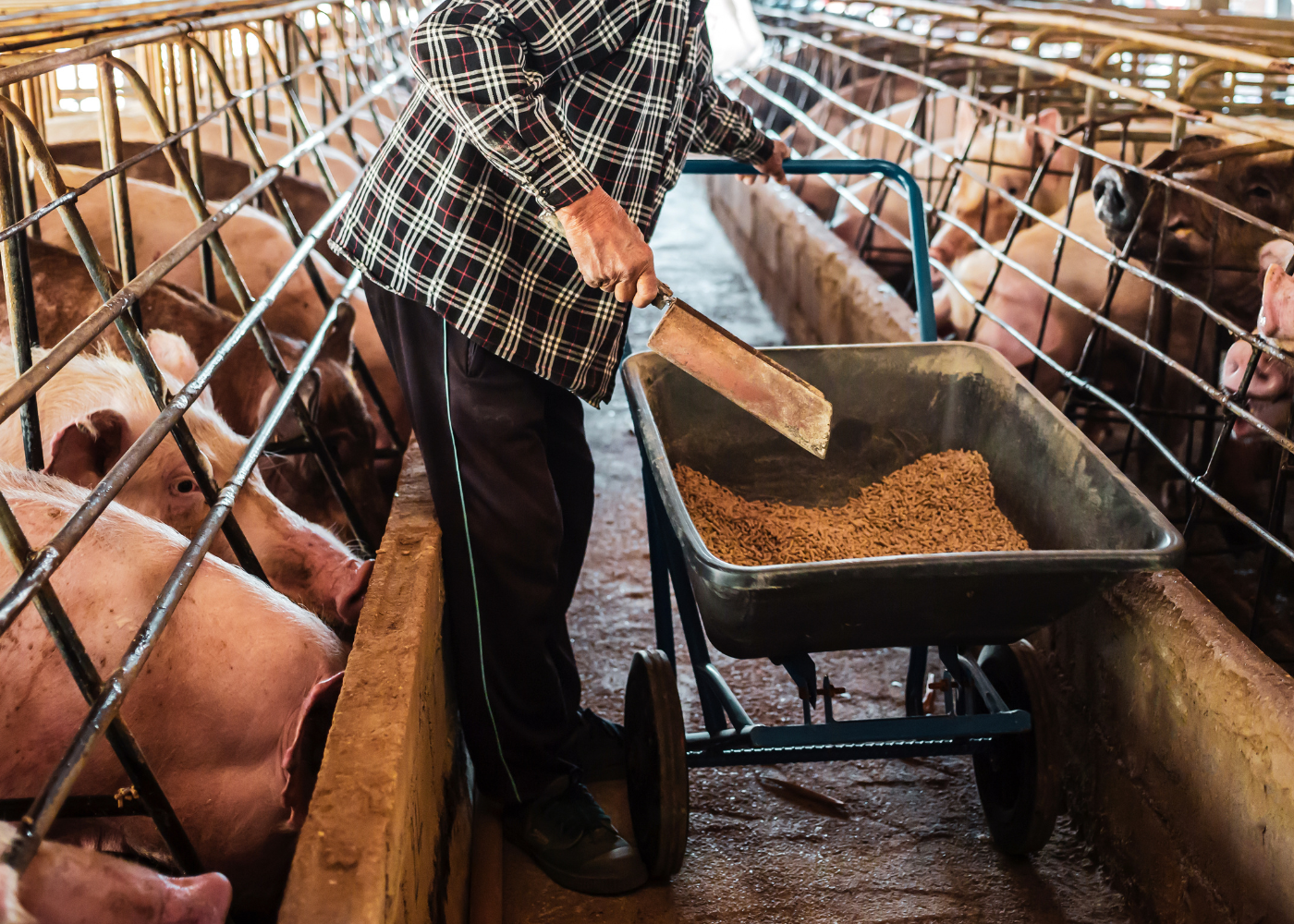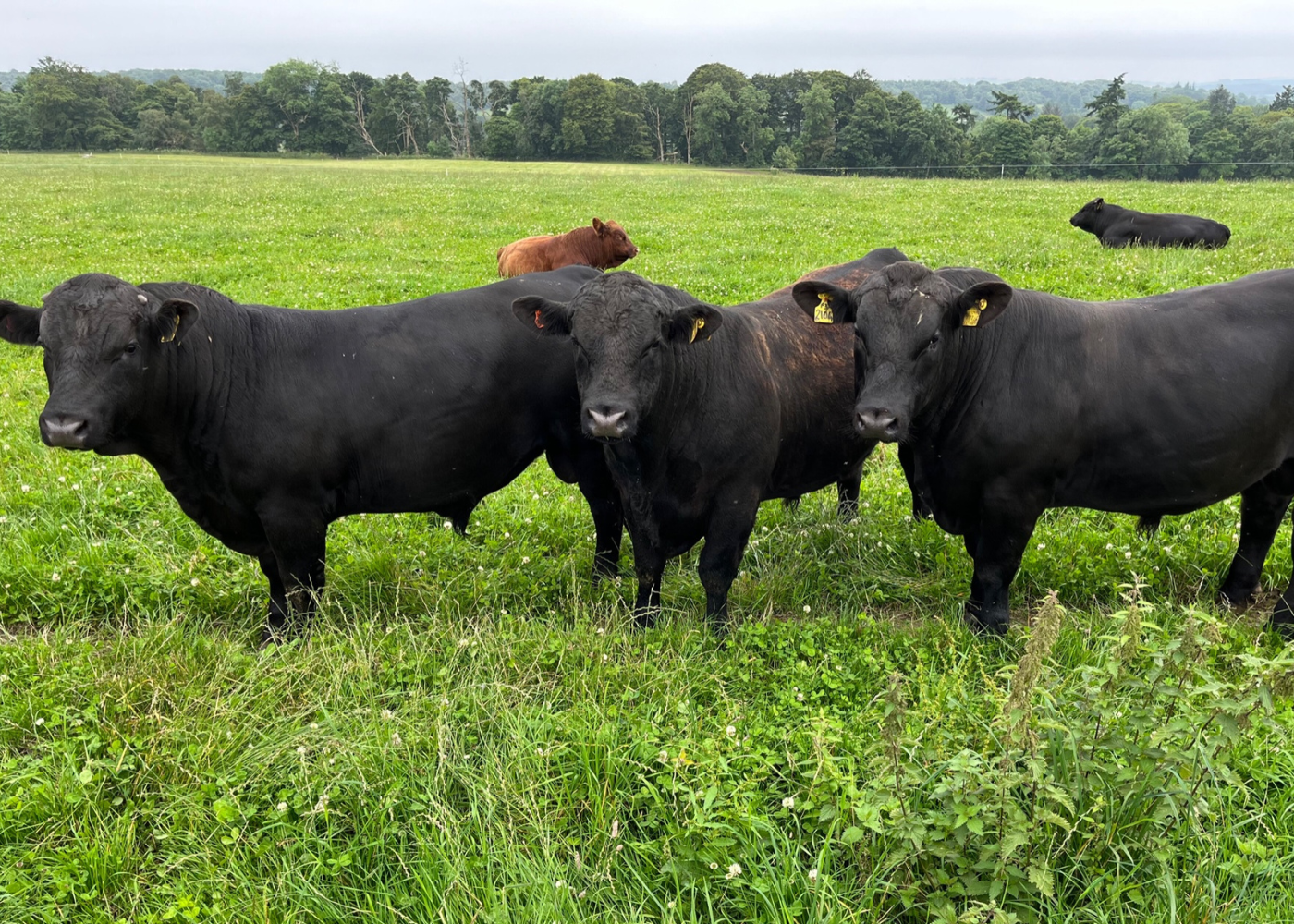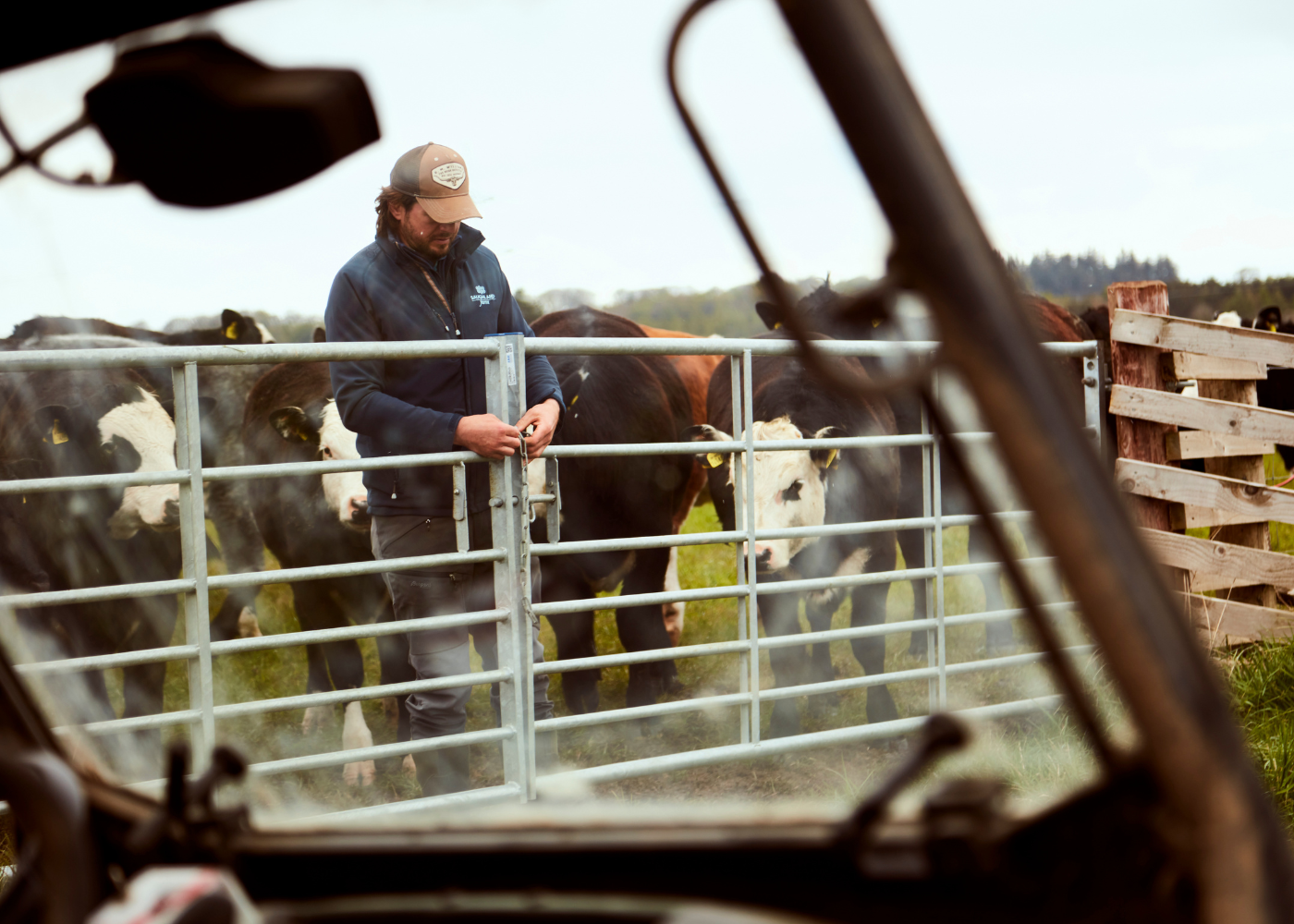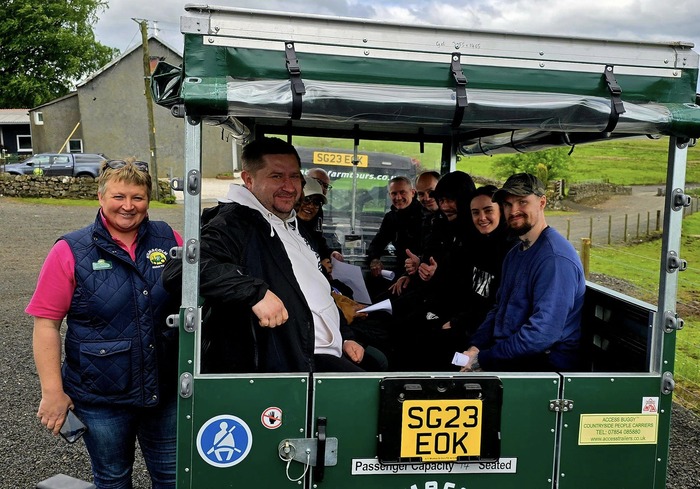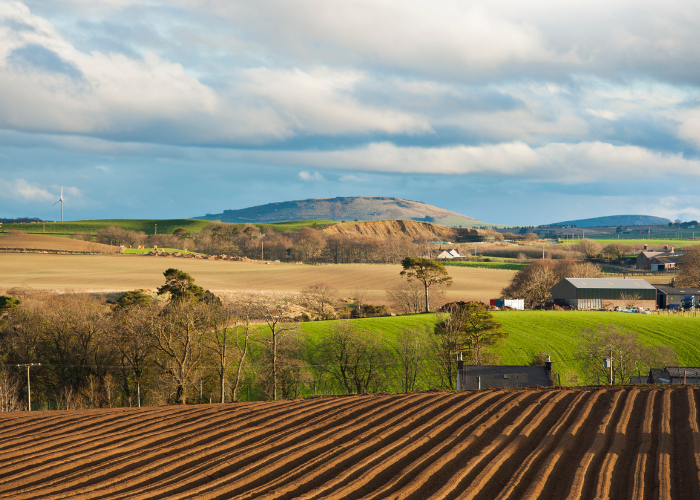NEW survey data shows that choosing native breed livestock offers a valuable opportunity for farmers in Scotland to insulate against hikes in feed and supplement costs, says the Rare Breeds Survival Trust (RBST).
The RBST Commercial Trends Survey 2023 shows that, of the UK farmers surveyed who keep both native and continental breeds or who have switched from continental breeds to native breeds, 69% said that overall costs with native breeds were lower than with continental breeds. This compares with 7% who said native breed costs were higher and 21% who said costs were the same.
On feed and supplement costs specifically, 59% of the survey respondents who keep both native and continental breeds, or who have switched from continental breeds to native breeds, thought their feed and supplement costs were lower with native breeds than their experience or expectation with continental breeds.
The survey also shows that the opportunity for cost savings with native breeds extends to land and veterinary costs too, with 62% of respondents saying their costs related to the type of land required are lower with native breeds than with continental breeds, and 53% of respondents saying their veterinary costs are lower with native breeds.
Subscribe to our daily newsletter
Why? Free to subscribe, no paywall, daily business news digest.
RBST Vice President Scotland Martin Beard, who farms in Angus, said: “The fact that the UK’s hardy native breeds generally require lower inputs has become even more appealing as costs such as feed and supplements have skyrocketed and look set to stay elevated. The chance to insulate against higher input costs while also selling native breed produce for a premium thanks to its high quality and provenance, creates a strong opportunity for commercial success not only in the current inflationary environment but looking at longer-term resilience too.”
When asked about barriers to growth, there is consistency in the new survey results with those of the first RBST Commercial Trends survey results (2021) in identifying the lack of suitable abattoirs as a key barrier to future business growth. 48% of respondents in Scotland consider the lack of suitable abattoir as one of the greatest barriers to growing their native breed business.
Martin Beard said: ““The survey results show a thriving and dynamic native breeds sector with strong levels of investment and positivity about future growth, particularly related to increasing consumer interest in the environmental impact, welfare standards, local provenance and quality of the meat they eat. However concern remains high that the lack of local abattoirs suitable for native breed farming is a frustrating barrier to growth. We continue to work with the Scottish Government on the issue, emphasising the need for a solution that works for all parties, and we remain hopeful that some of the ideas that have been discussed will bear fruit.”
Alison Tuke, who farms at Hardiesmill in the Scottish Borders, said: “We went to Native Aberdeen Angus to help our pure-bred Angus Herd to be more sustainable, as we have been raising cattle on grass since 2003, and the adding of pure-native genetics has given us better growth and lower water consumption – key factors for our farm. It has helped construct the virtuous circle of quality, sustainability, profitablility, welfare and taste that is helping us in our drive to produce some of the best beef in the world.”





